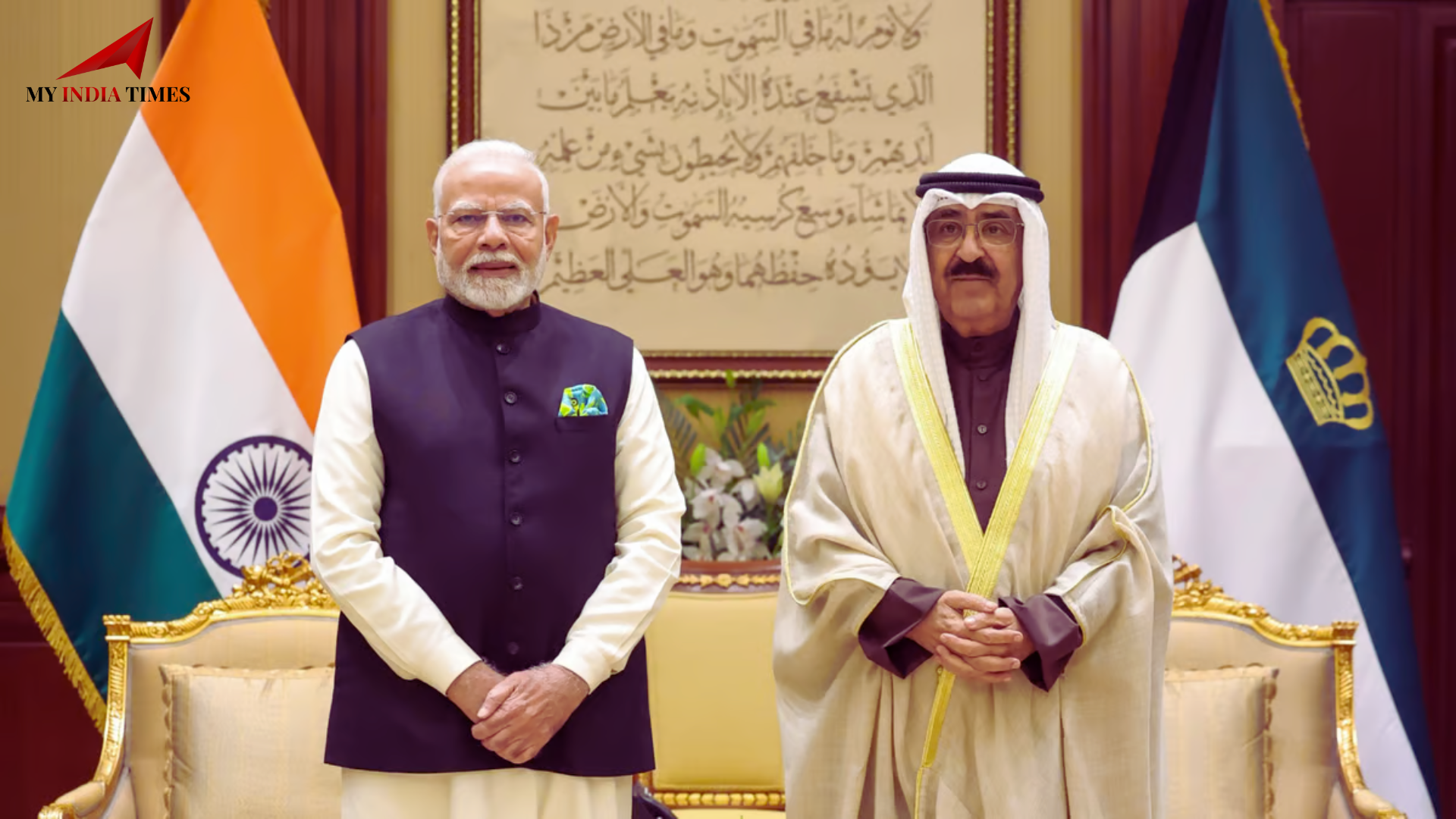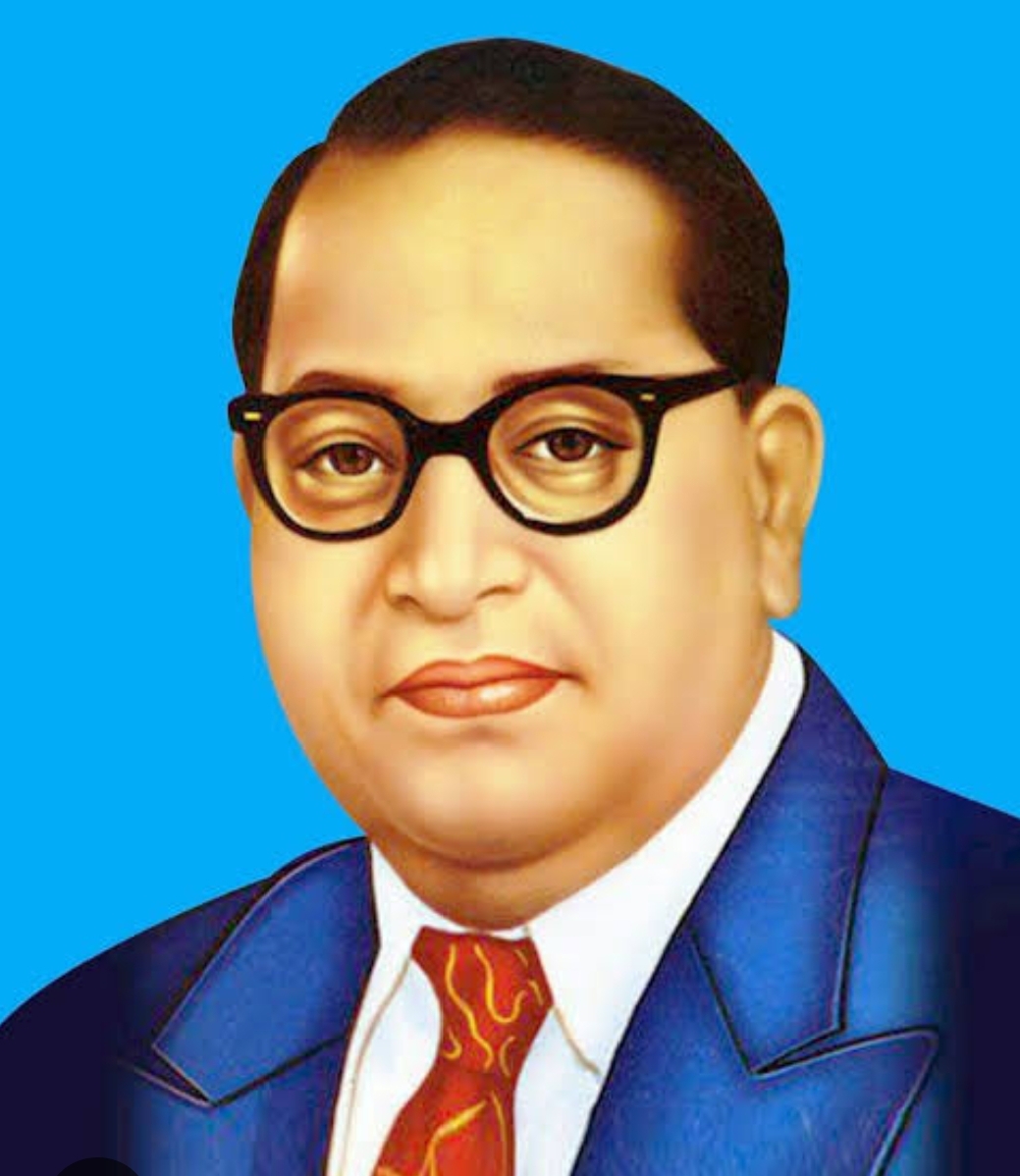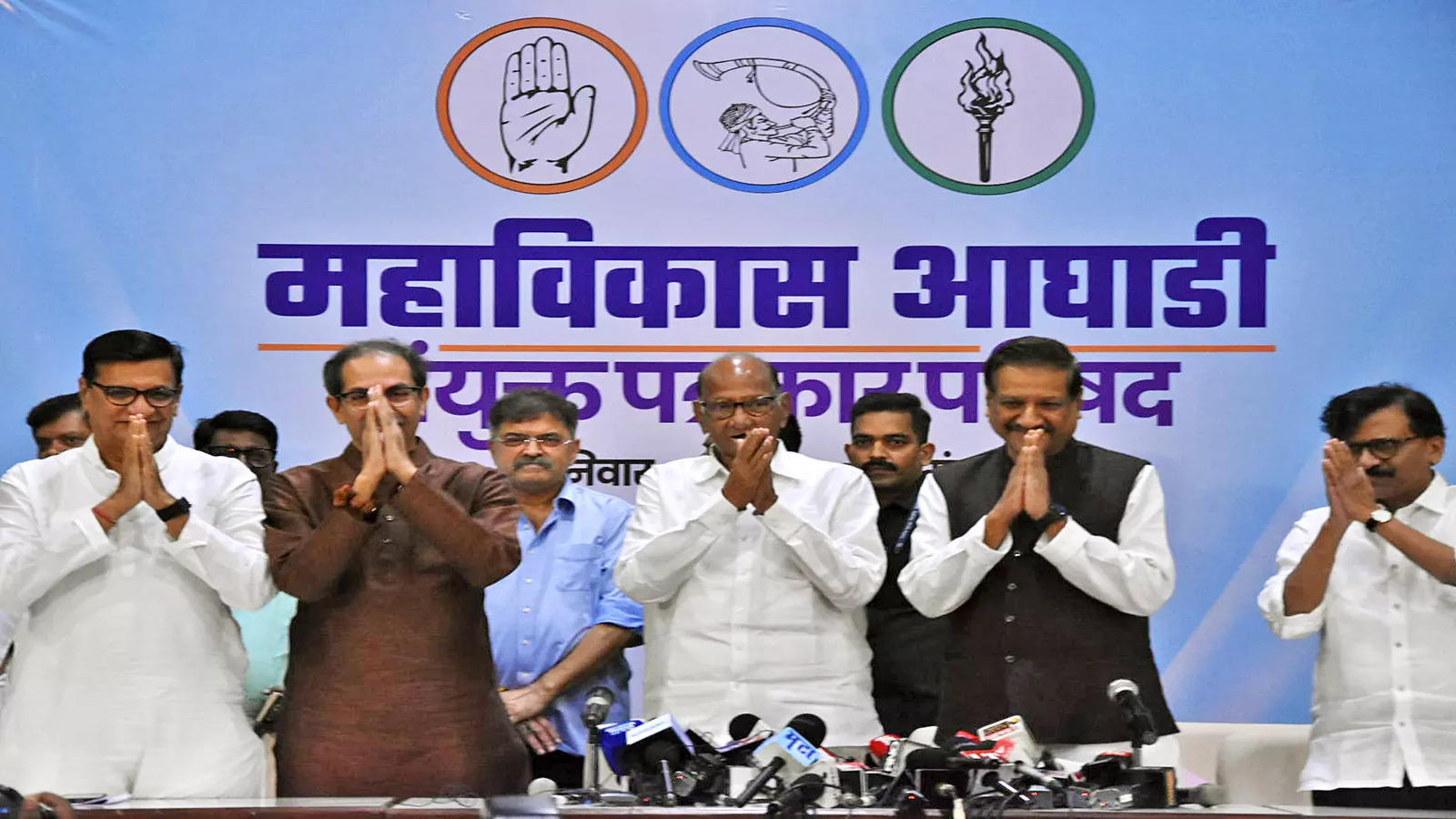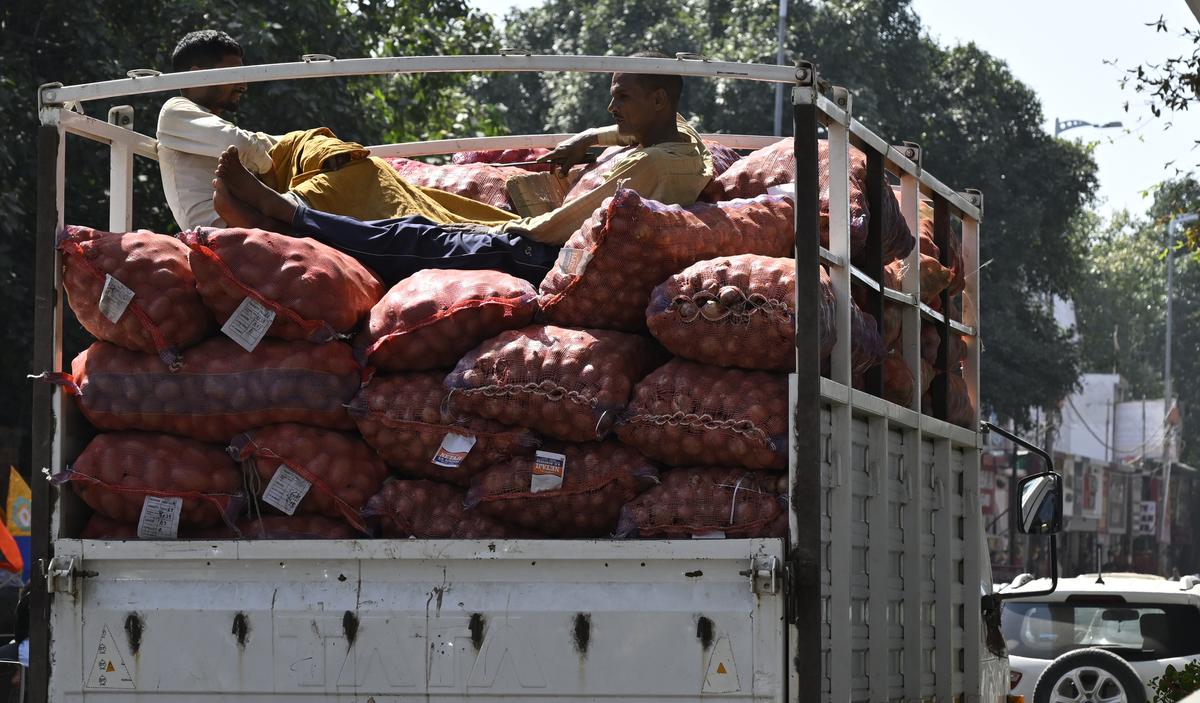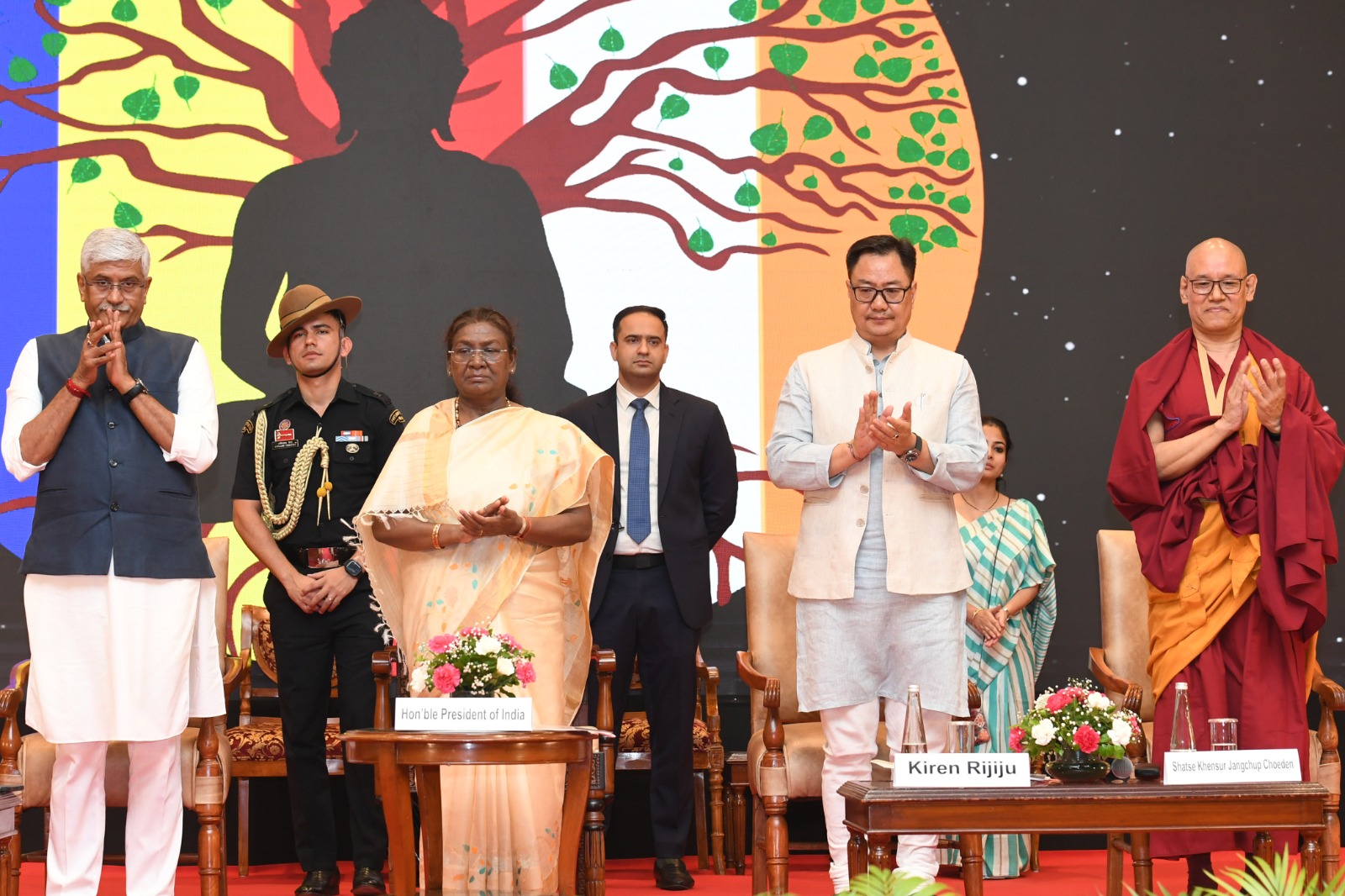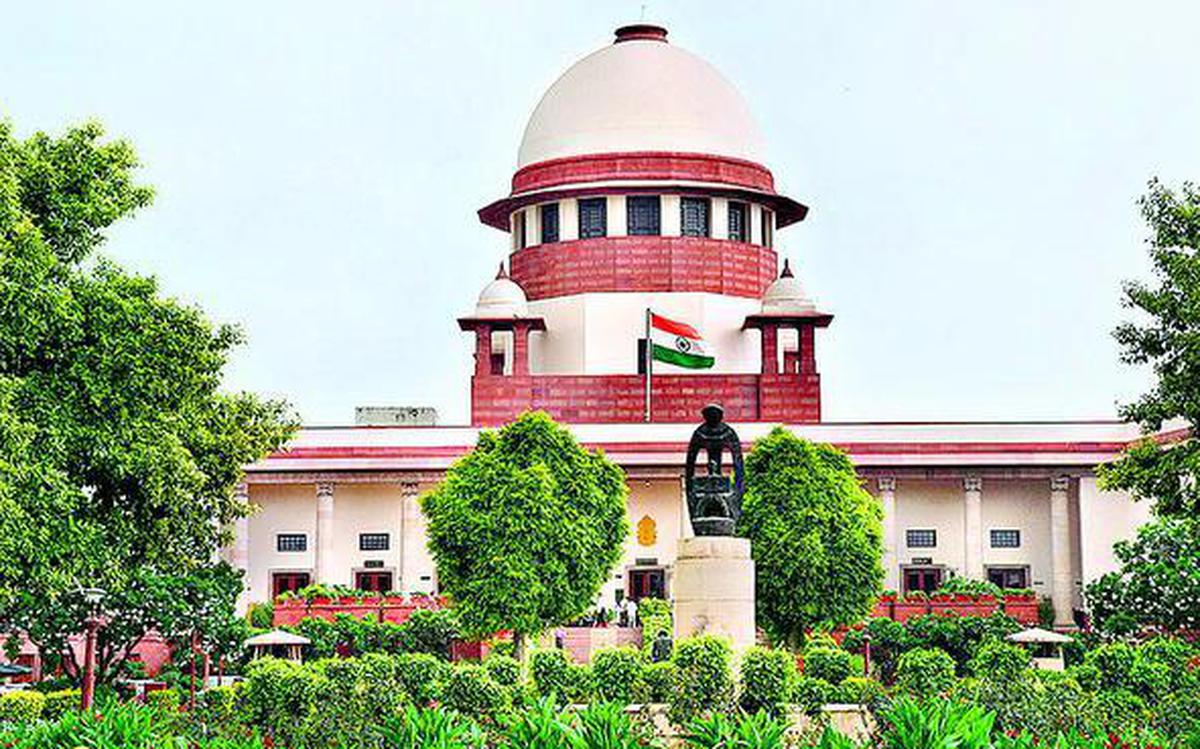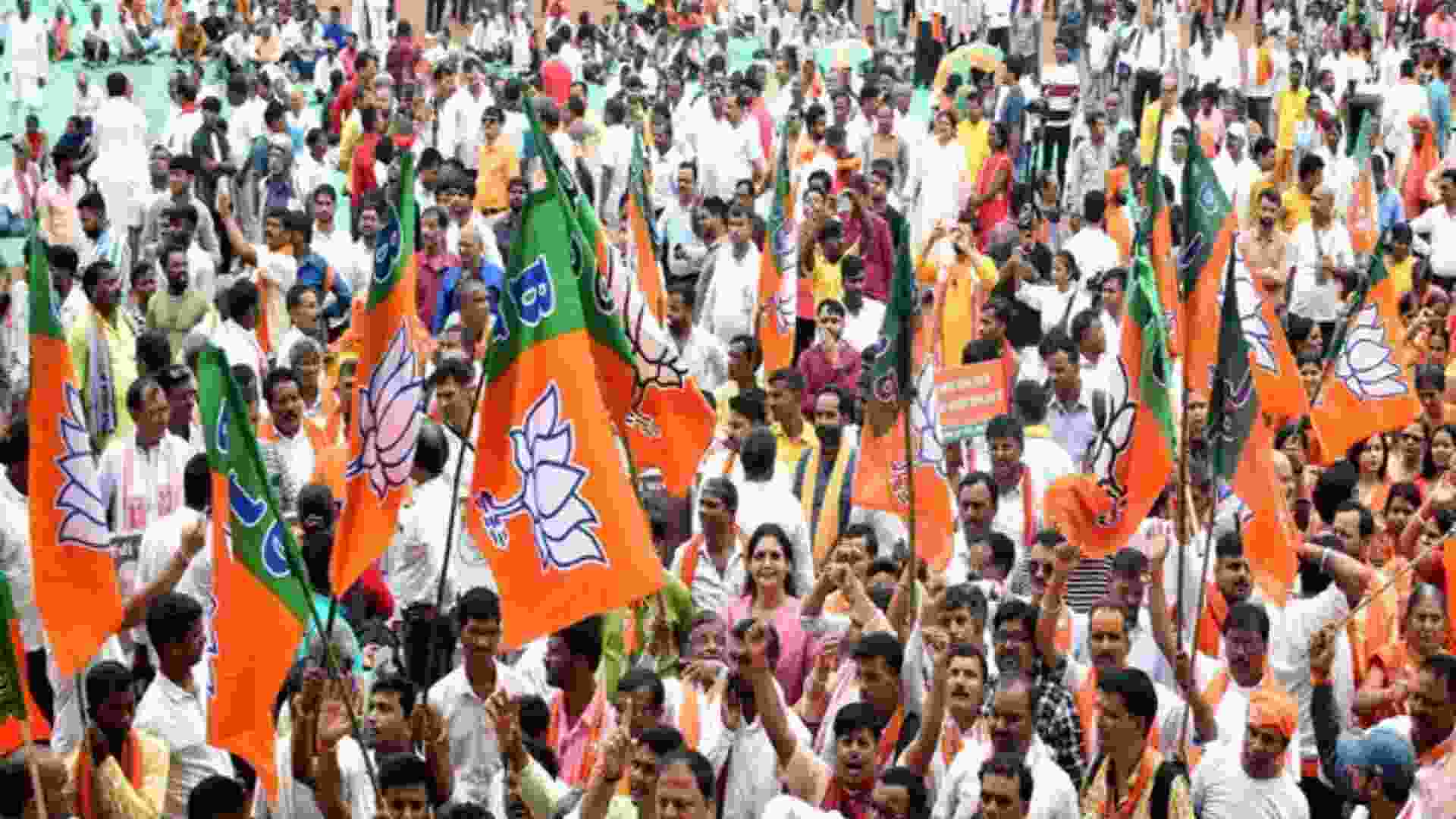The Indus Waters Treaty Under Unprecedented Pressure: India’s Strategic Shift and Pakistan’s Legal Dilemma
The Indus Waters Treaty (IWT), which has governed river sharing between India and Pakistan since 1960, now finds itself on the brink of collapse. Following the Pahalgam terror attack on April 22, India took a bold diplomatic step, announcing that it would place the IWT in abeyance until Pakistan takes verifiable steps to eliminate support for cross-border terrorism. This marks a seismic shift in India’s strategic posture and places the future of one of the world’s most enduring water treaties under serious threat.
Pakistan’s Fierce Response: Treating Water Flow Interruption as a Provocation for War
Pakistan’s immediate reaction to India’s announcement was assertive and defiant. Islamabad not only rejected India's declaration as illegitimate but also emphasized the binding nature of the treaty. Pakistan went so far as to warn that any attempt to block or divert water from the western rivers—Indus, Jhelum, and Chenab—would be interpreted as an “Act of War.” This declaration underscores the existential importance of the Indus water system for Pakistan’s economy and food security and raises concerns about escalating regional tensions.
The Treaty’s Legal Limitations: No Exit Clause, No Suspension Clause, Yet Under Pressure
Despite the current standoff, the IWT itself is legally rigid and complex. Structured with 12 Articles, 8 Annexures, and a 1962 Protocol, the treaty does not contain any explicit clause for suspension or termination. In international law, such agreements are generally interpreted under the Vienna Convention on the Law of Treaties (VCLT), 1969. However, even the VCLT restricts unilateral exit or suspension except under extreme conditions—like a fundamental change in circumstances or material breach of the agreement.
India’s Legal Argument: Claiming a “Material Breach” Under the Vienna Convention
India is likely to argue that continued terrorism emanating from Pakistani soil constitutes a material breach or fundamental change in circumstance, which may justify re-evaluating or suspending treaty obligations. While this line of reasoning is not directly codified in the IWT, it could be introduced through the legal principles found in the VCLT. However, such an interpretation would open the door for lengthy international legal battles and further deterioration of diplomatic ties.
Pakistan’s Strategic Vulnerability: Dependent on Indus Waters for Agricultural Survival
Pakistan’s heavy dependence on the Indus system for irrigation, drinking water, and hydropower makes the treaty a lifeline rather than a strategic tool. Nearly 80% of its agriculture is fed by these rivers. Any disruption—real or threatened—has the potential to cause panic and instability, both politically and economically. This makes the IWT not just a technical agreement, but a core component of Pakistan’s national security strategy.
India’s Long-Term Goal: A New or Revised Treaty Framework That Reflects Today’s Realities
India’s decision to put the treaty on hold could be interpreted as an attempt to push for renegotiation. The original treaty was designed for a different era, with minimal foresight on issues like climate change, population pressure, and terrorist spillovers. A new or revised treaty that incorporates modern hydrological data-sharing mechanisms, cross-border environmental safeguards, and terrorism clauses could better serve India's interests and promote regional stability.
A Path Forward: Re-negotiation May Be Pakistan’s Best Option Amid Geopolitical Isolation
Although Pakistan continues to insist on the inviolability of the treaty, its current geopolitical isolation leaves it with fewer viable alternatives. Re-negotiating the IWT or agreeing to a newly structured water-sharing accord may not only reduce India’s leverage but also allow for a cooperative framework that addresses today’s security and climate realities. By participating in a new agreement, Pakistan may gain modernized protections, dispute resolution mechanisms, and an opportunity to reset bilateral ties.
The Future of the Indus Waters Treaty Lies in Reform, Not Rupture
For over six decades, the Indus Waters Treaty has been hailed as an example of how water diplomacy can survive geopolitical conflict. But the current crisis reveals its limitations in the face of terrorism, changing climate patterns, and shifting power dynamics. Neither abrogation nor rigidity offers a sustainable solution. Only through serious re-negotiation and modernization of the treaty can both nations protect their water security and avoid an escalation that could turn water into a weapon of war.



